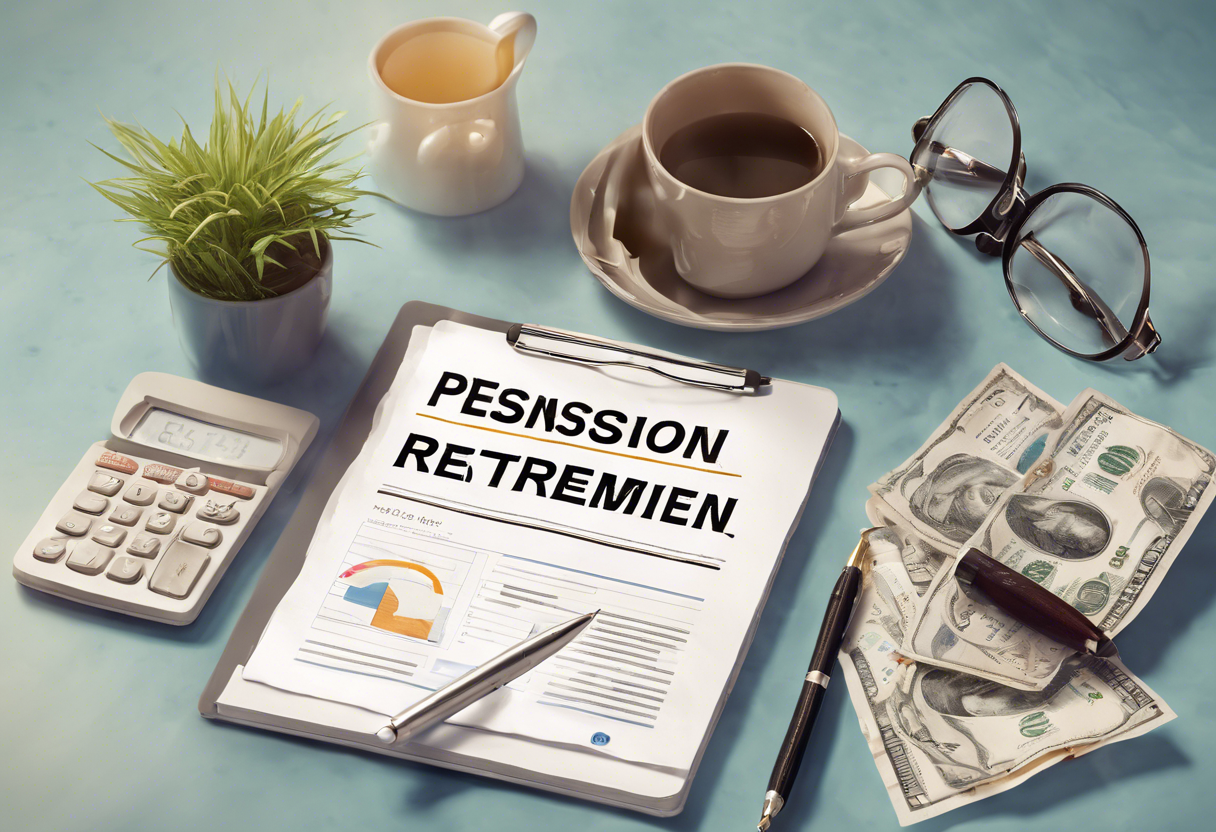When it comes to planning for retirement, one of the most important factors to consider is the type of pension plan offered by your employer. In Canada, employers are not legally required to provide their employees with a pension plan, but many choose to do so as a way to attract and retain top talent. However, not all pension plans are created equal, and it’s important to carefully compare and evaluate the options offered by different employers before making a decision.
One of the most common types of pension plans offered by Canadian employers is the defined contribution plan. With this type of plan, the employer and employee both contribute a certain amount of money to the employee’s pension fund, which is then invested in the stock market or other investment vehicles. The eventual payout at retirement is dependent on the performance of these investments, making it a riskier option. On the other hand, the defined benefit plan guarantees a specific amount to be paid out to the employee upon retirement, regardless of market performance. This can provide a sense of security, but it also puts the burden on the employer to contribute enough to cover the promised payout. Employers can also offer a combination of both types of plans, giving employees the benefits of both options.
Other factors to consider when comparing pension plans offered by different employers include vesting periods, contribution matching, and portability. A vesting



